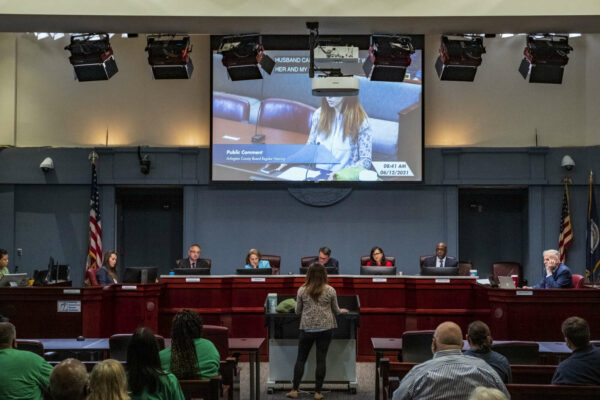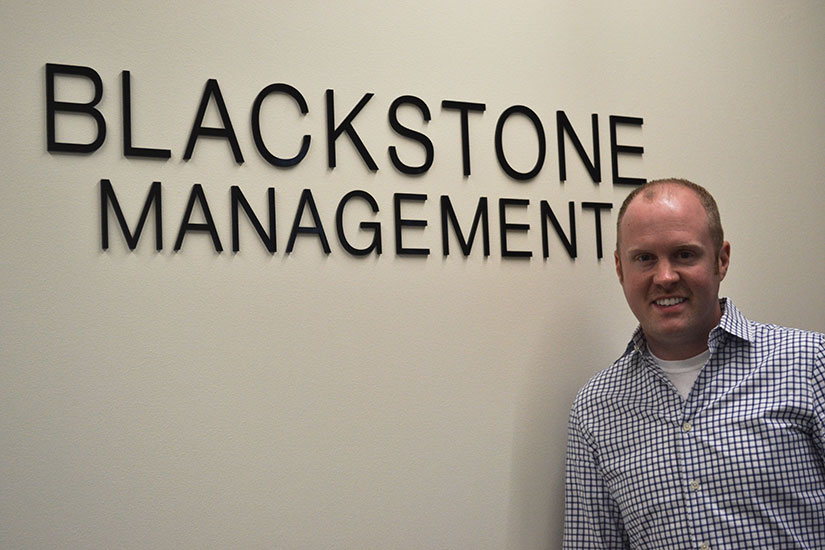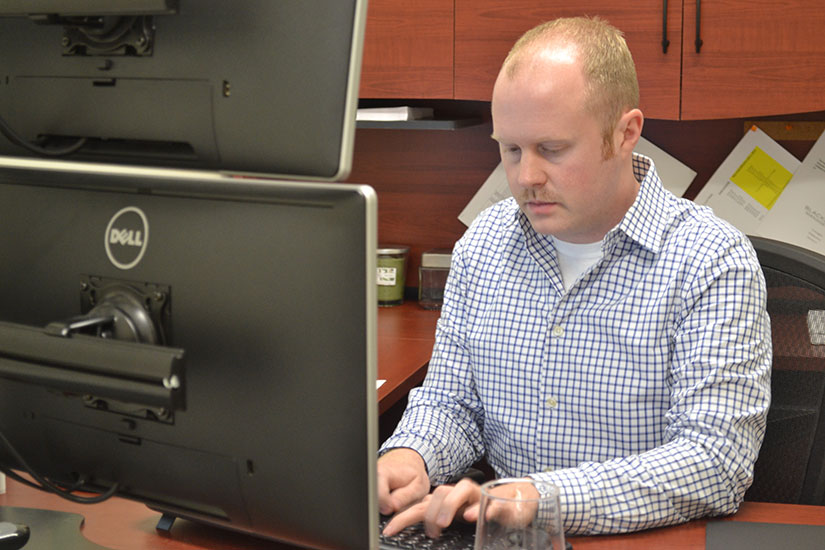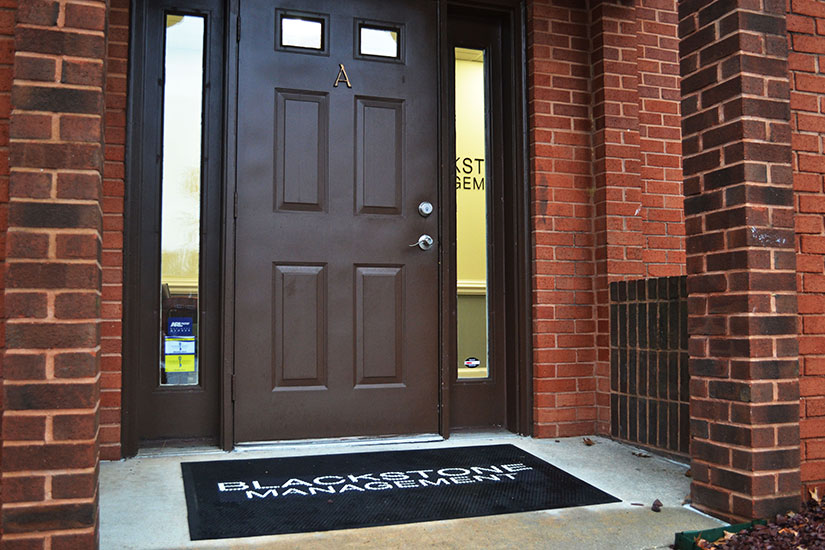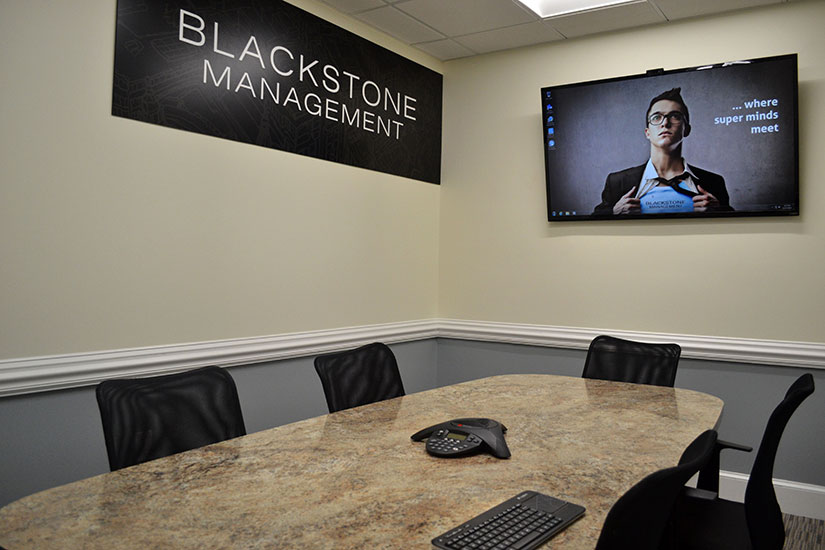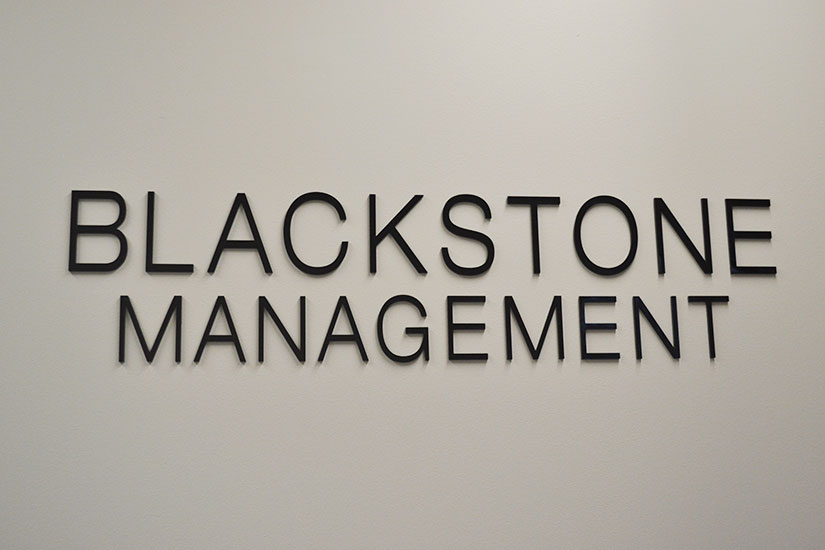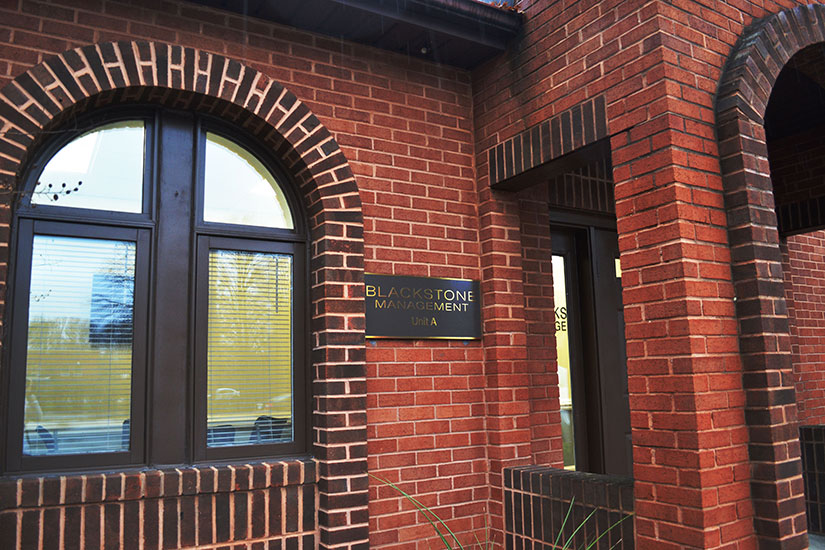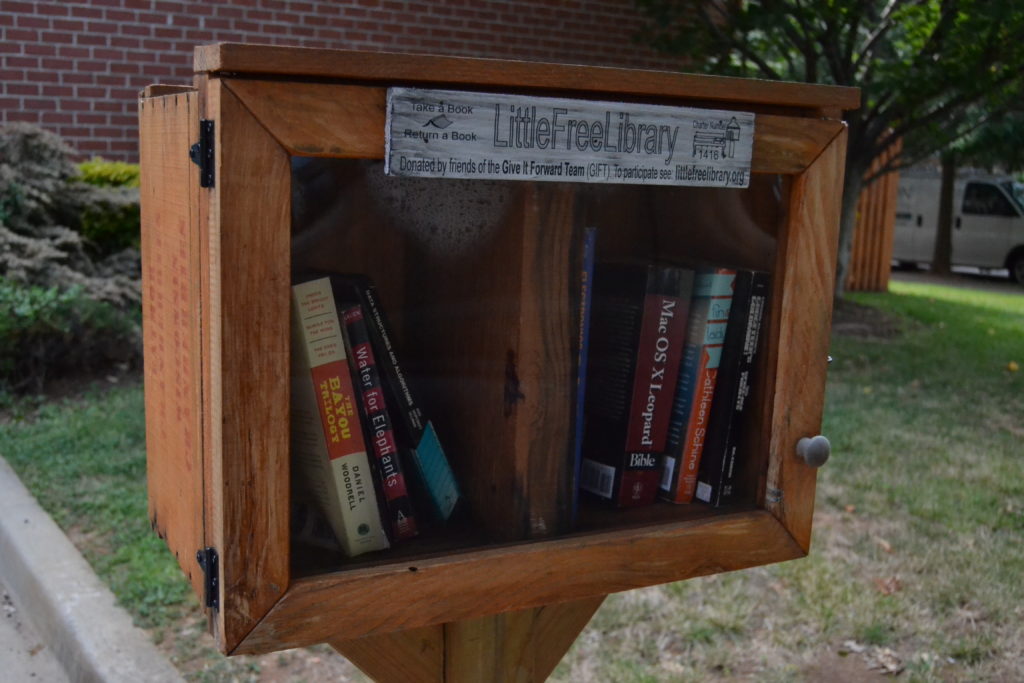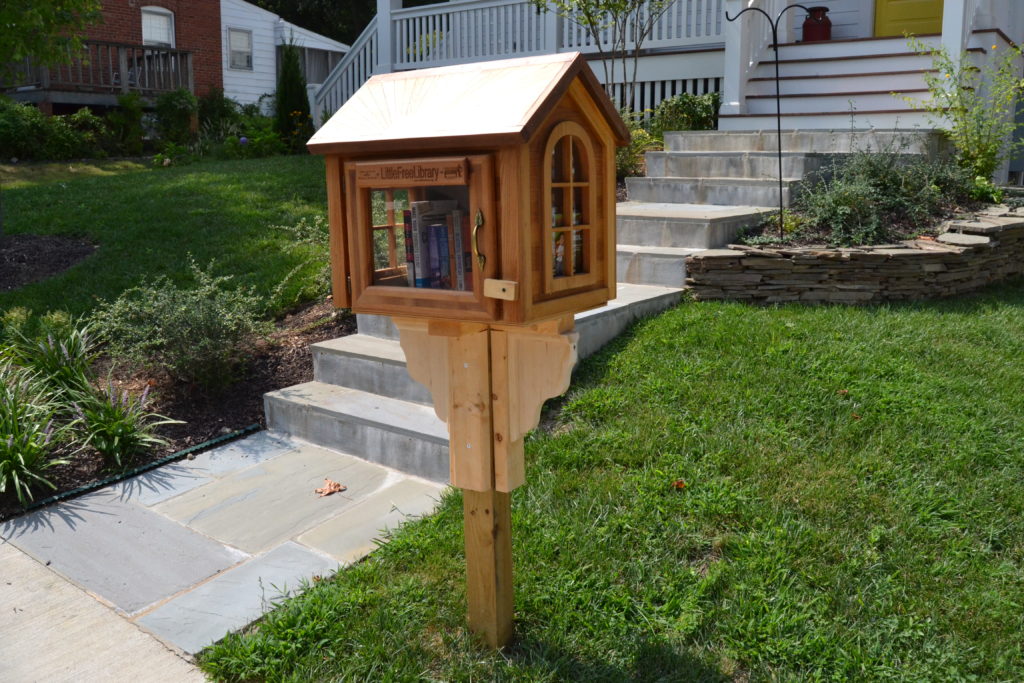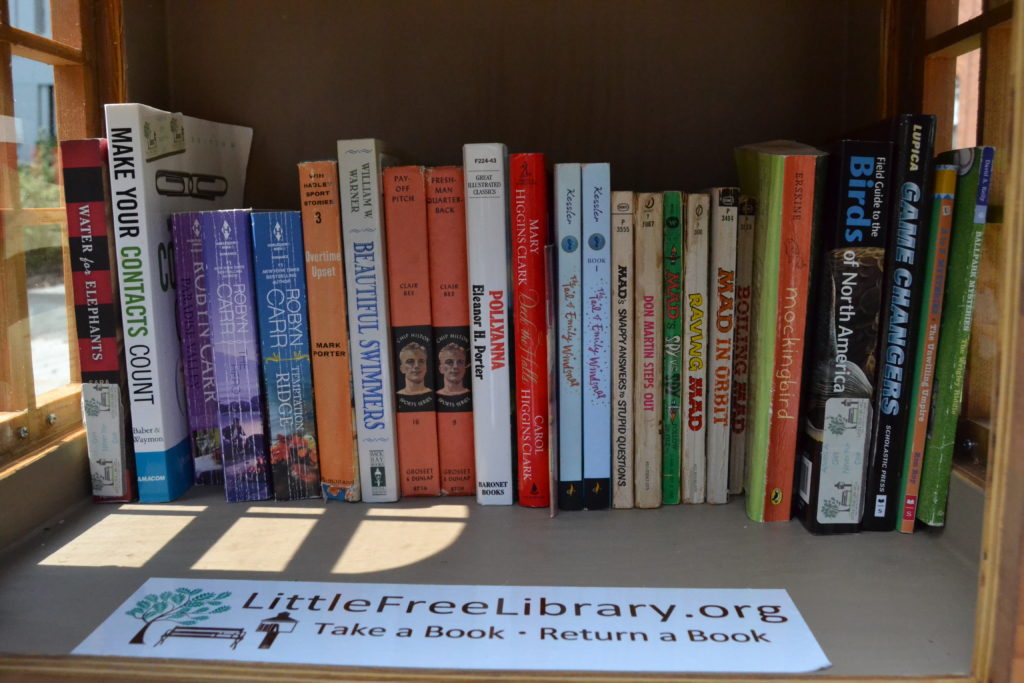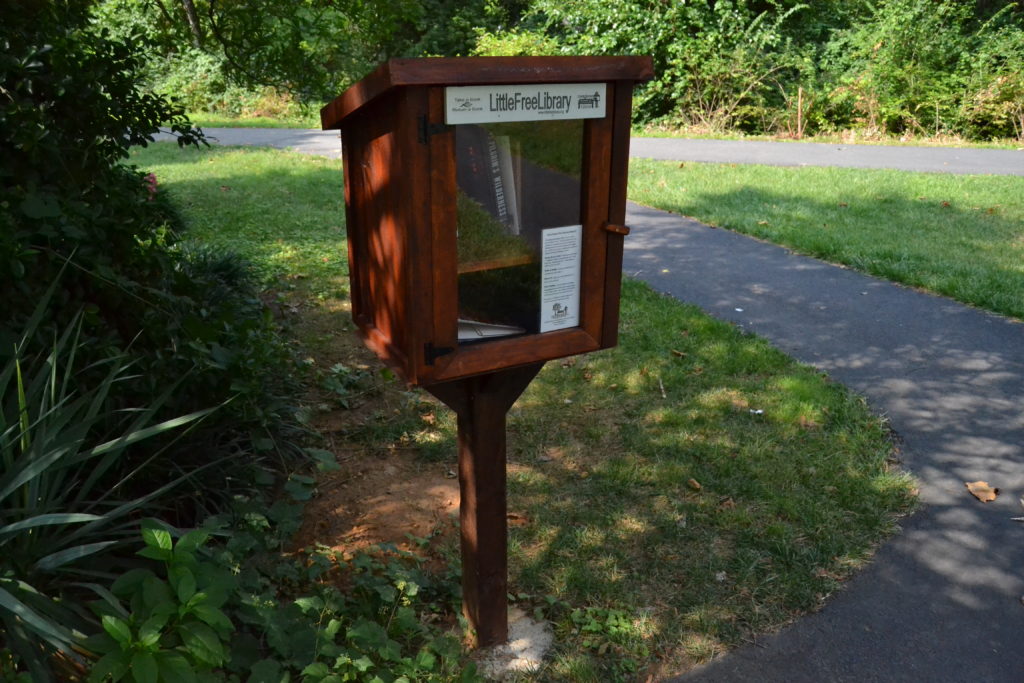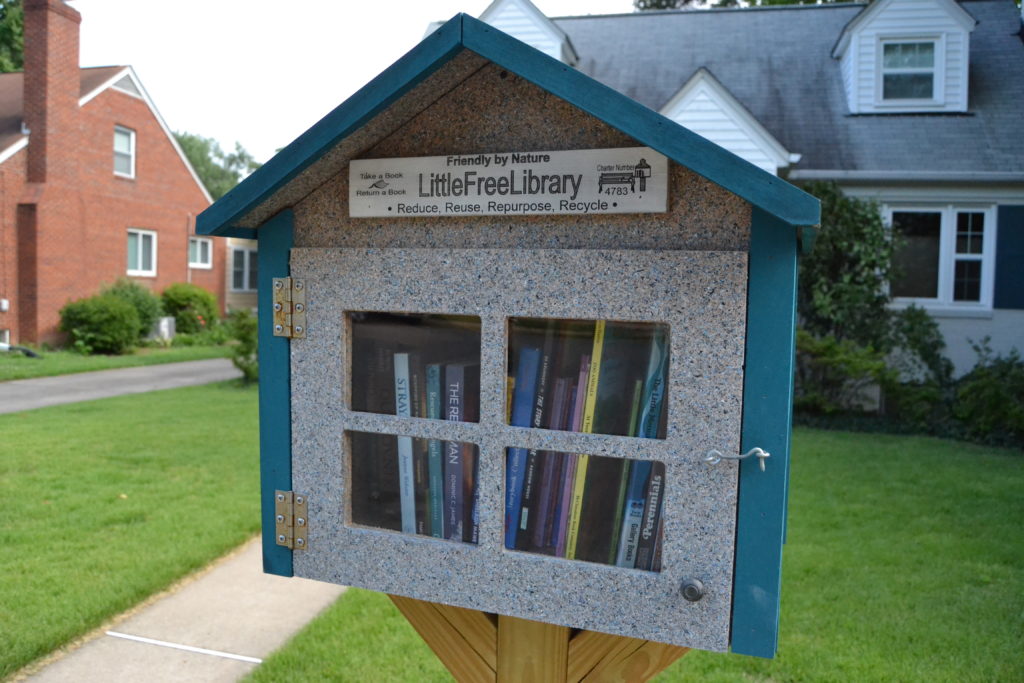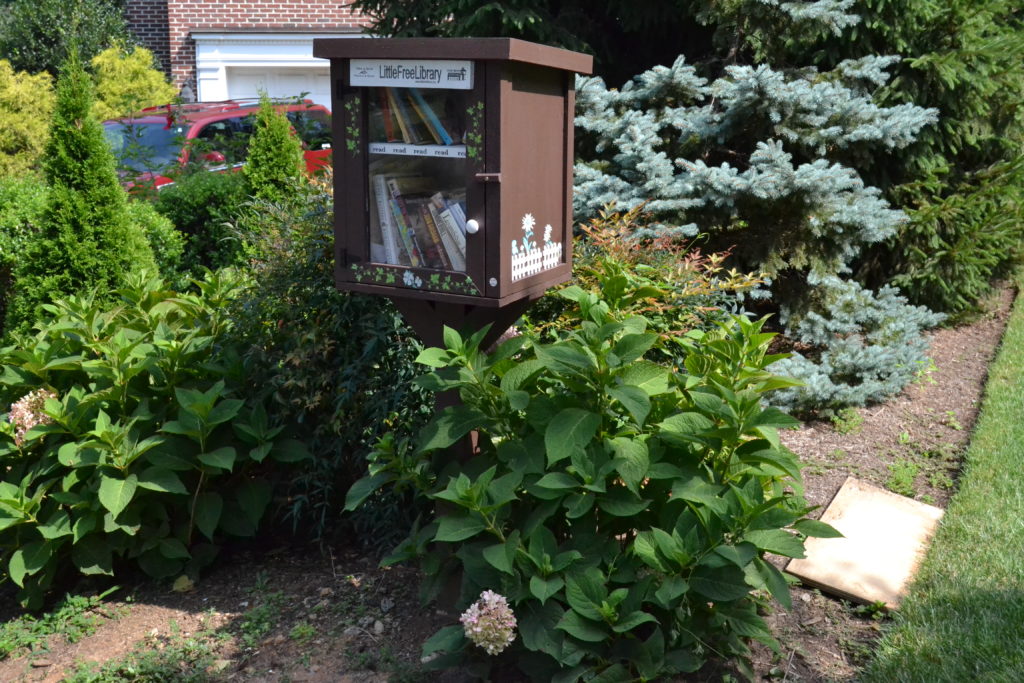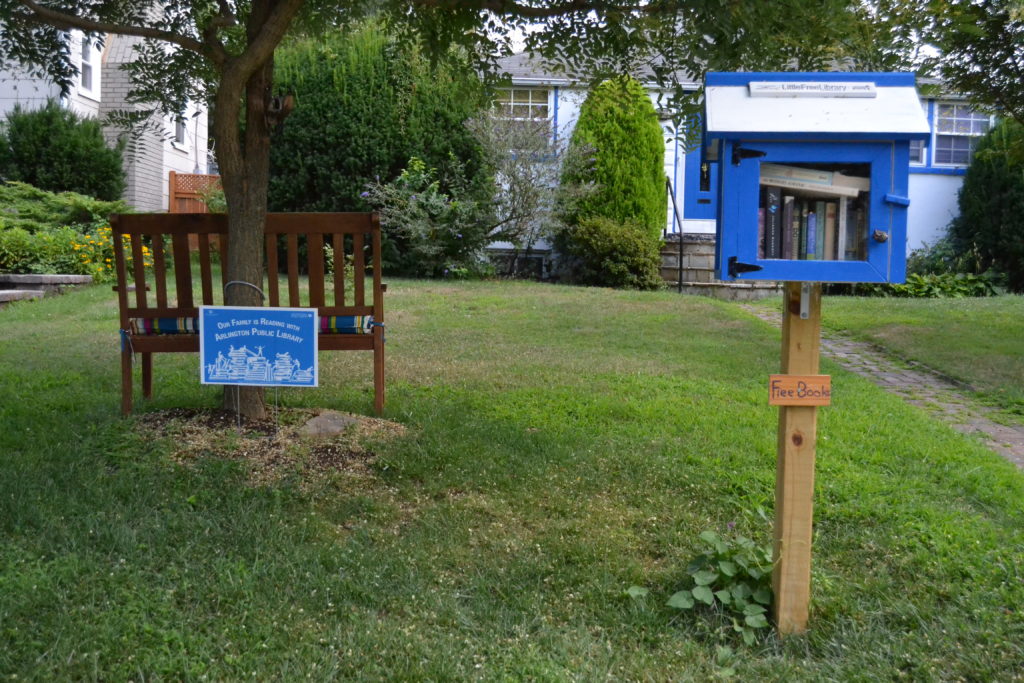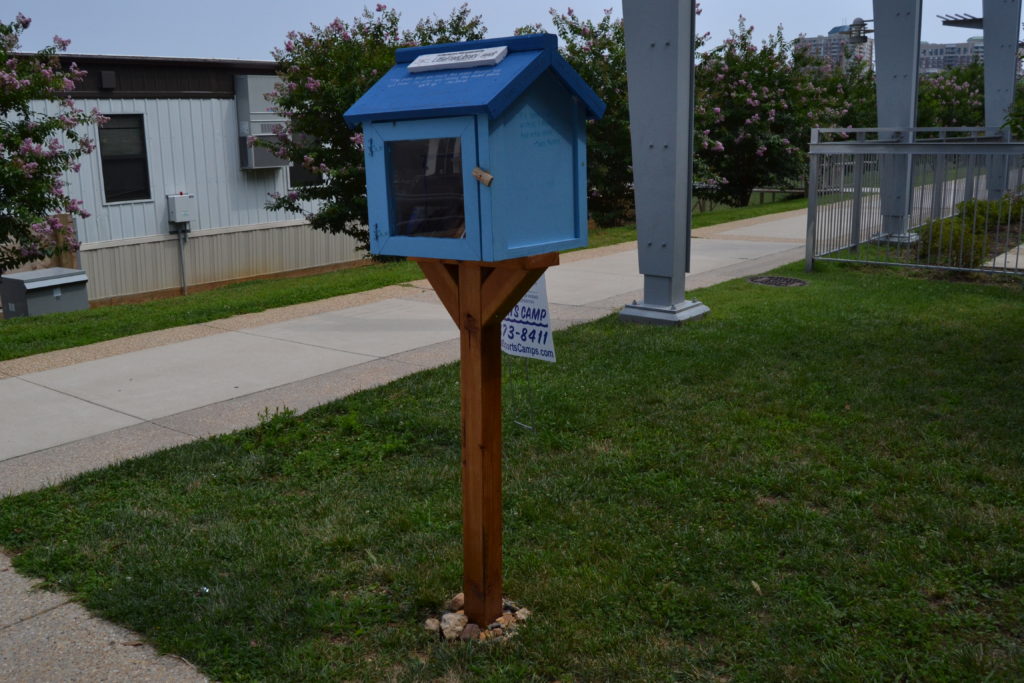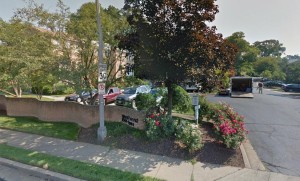(Updated at 4:30 p.m.) Arlington has long prided itself on the pathways available to residents to have a say in local policy-making, also known as the “Arlington Way.”
But a growing number of county officials, local leaders and civic groups think the tradition, while noble in aim, doesn’t work for everyone. They say it leans too much on affluent retirees and sabotages the county’s equity efforts.
For years, Arlington County has acknowledged that its traditional engagement processes privilege those with the time, resources and connections to invest in discussions about projects, studies and policies. That leaves out a growing segment of the population outside that mold: renters, parents of young kids, people who work non-traditional hours, people without access to reliable and affordable transportation, and those who are not fluent English speakers.
Suggestions to retool, reform or scrap the process are not new, but in recent months, the topic has bubbled up in county-level conversations.
References to the “Arlington Way” arose in a County Board public comment period this summer that ran long due to controversy over the start time of a north Arlington farmers market, which shut out participation from low-income residents there to speak about filthy conditions at the Serrano Apartments. More recently, diversity concerns prompted the Arlington County Civic Federation — which provides a forum for civic groups to discuss local topics — to pass a resolution prioritizing improved community outreach and representation.
Amid this renewed focus, some novel approaches and long-term reforms have been proposed that county and civic leaders and community engagement staff tell ARLnow could widen the Arlington Way.
“Generally speaking, Arlington residents care about the issues that impact them, but do they know about it? How do they get the information?” asks Samia Byrd, Arlington’s Chief Race and Equity Officer. “We take for granted that residents know how to participate in the process.”
Board Vice-Chair Katie Cristol reprised the dilemma last week during a conversation about the community oversight board, which is currently seeking members to review cases of alleged police misconduct.
“We’ve been wrestling with… how we properly compensate people for that time and expertise,” Cristol said, as quoted by County Board watcher Stephen Repetski. “Because, frankly, that is… one of the biggest reasons you see our most heavy-hitting community engagement activities tend to rely disproportionately on well-off retirees.”
In a follow-up conversation, she told ARLnow that she’s been thinking about diversity in County Board-appointed commissions.
Six years ago, she believed that the solution would be finding and recruiting new faces at all levels of leadership. Over time, she’s realized the homogeneity of civic leadership is a consequence of how engagement is structured. Night meetings — or even day meetings — at county headquarters disadvantage students, parents and anyone who doesn’t work 9 a.m. to 5 p.m., including overworked young professionals.
“It actually was not just about inviting more diverse people to the table, as defined, but maybe the table was defined in a way that made it hard for certain people to sit there,” she said. “There have to be many ways to engage.”
Those involved in county communications tell ARLnow they likewise think about diversity, not in terms of commission composition and structure, but in terms of regular outreach.
Who’s left out?
Assistant County Manager and Director of Communications and Public Engagement Bryna Helfer has been tackling community engagement homogeneity since she was hired in 2016. She and Byrd both say “it’s been a challenge” to reach people who aren’t white, affluent or a retiree, as well as people who don’t already know how to get involved or navigate the county website.


